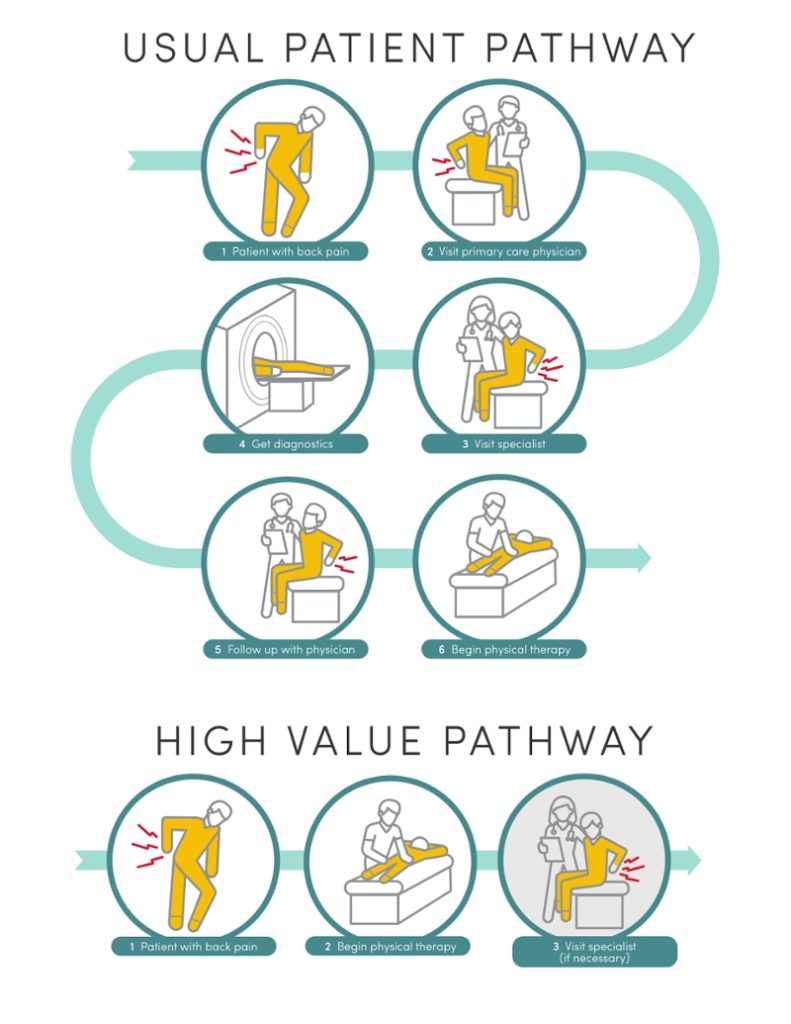The Role of Physiotherapy in Managing Neck Pain
Introduction
Neck pain is a widespread issue that can disrupt daily activities and diminish overall quality of life. Physiotherapy offers a comprehensive approach to managing and treating neck pain, focusing on reducing pain, improving function, and preventing future episodes. Let’s explore how physiotherapy can help alleviate neck pain through various techniques and interventions.

Assessment and Diagnosis
The first step in physiotherapy for neck pain is a thorough assessment:
- Medical History Review: The physiotherapist will discuss your symptoms, medical history, and lifestyle factors to understand the underlying causes of your pain.
- Physical Examination: This includes evaluating your range of motion, muscle strength, posture, and neurological function to pinpoint the source of pain.

Personalized Exercise Programs
A tailored exercise program is central to physiotherapy for neck pain:
- Stretching Exercises: To improve flexibility and reduce muscle tightness, specific stretches are designed to enhance the neck’s range of motion.
- Strengthening Exercises: These exercises target the neck and upper back muscles, helping to stabilize the spine and reduce strain on the neck.
- Postural Training: Educating patients on maintaining proper posture, especially during activities like sitting at a desk or using electronic devices, is crucial for long-term relief.
Manual Therapy Techniques
Manual therapy involves hands-on techniques to alleviate pain and improve mobility:
- Spinal Manipulation: This technique uses controlled movements to improve spinal alignment and reduce pain.
- Soft Tissue Mobilization: Massaging and stretching the soft tissues around the neck can relieve muscle tension and improve blood flow.
- Joint Mobilization: Gentle movements of the neck joints help increase range of motion and reduce stiffness.
Pain Management Techniques
Physiotherapists employ various modalities to manage pain effectively:
- Heat and Cold Therapy: Applying heat or cold packs can reduce inflammation and numb sore muscles, providing immediate relief.
- Ultrasound Therapy: Using sound waves to penetrate deep tissues, ultrasound therapy can enhance healing and reduce pain.
- Electrical Stimulation: Techniques like TENS (Transcutaneous Electrical Nerve Stimulation) can help block pain signals and reduce muscle spasms.
Education and Advice
Physiotherapists play a vital role in educating patients about their condition and how to manage it:
- Posture and Ergonomics: Providing tips on maintaining good posture and setting up an ergonomic workstation to prevent neck strain.
- Body Mechanics: Teaching proper lifting techniques and safe movement patterns to avoid exacerbating neck pain.
- Lifestyle Modifications: Advising on stress management techniques, regular physical activity, and maintaining a healthy weight to support neck health.

Functional Training and Activity Modification
Rehabilitation focuses on restoring function and preventing future injuries:
- Gradual Return to Activities: Developing a step-by-step plan to help patients return to their daily activities or sports without pain.
- Balance and Coordination Exercises: Enhancing stability and coordination to reduce the risk of falls and further injury.
- Functional Training: Tailoring exercises to improve specific activities, ensuring that patients can perform everyday tasks with less pain and better function.
Support and Motivation
The psychological aspect of recovery is equally important:
- Goal Setting: Setting realistic and achievable goals to motivate patients and track their progress.
- Ongoing Support: Providing encouragement, feedback, and reassurance throughout the rehabilitation process to boost confidence and adherence to the treatment plan.
When to Seek Physiotherapy
Consider consulting a physiotherapist if you experience:
- Persistent neck pain that doesn’t improve with rest or over-the-counter treatments.
- Pain radiating to the shoulders, arms, or hands, or associated with numbness and tingling.
- Difficulty moving your neck or performing daily activities due to pain.

Conclusion
Physiotherapy is a holistic and effective approach to managing neck pain. By addressing the root causes of pain, improving mobility, and enhancing muscle strength, physiotherapy can significantly improve your quality of life. Whether through hands-on treatments, personalized exercises, or educational support, physiotherapists are dedicated to helping you achieve lasting relief from neck pain. If you’re struggling with neck pain, consulting a qualified physiotherapist can be a crucial step towards recovery and a pain-free life.











